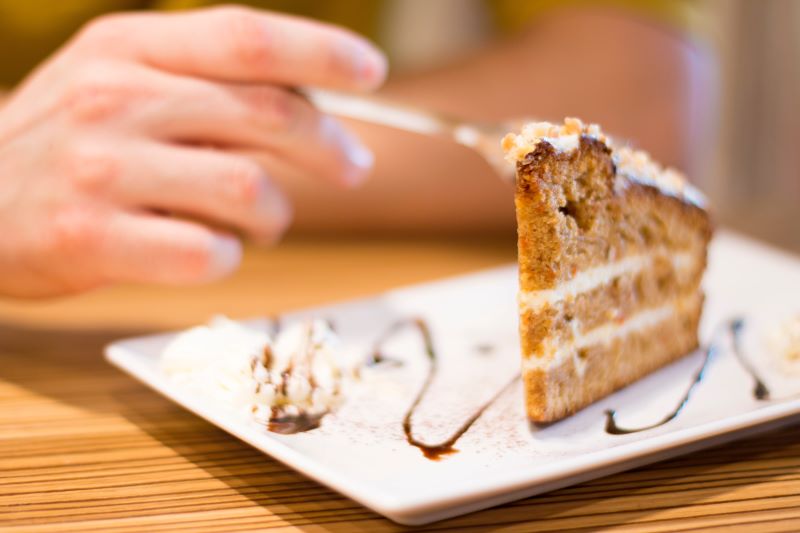Why emotional eating is NOT wrong?
As this second wave of COVID-19 is hitting us and the measures of lockdown continue to be enforced, many emotions such as anxiety, stress and sadness might be surging. As a result, many of you might be turning to food for comfort.
Emotional eating, however can bring its load of guilt, shame and distress on top of the negative emotions that you might already be feeling. But it should not be that way and here are the reasons why emotional eating is not wrong.
Emotional eating is human and perfectly normal
Since we are babies, we have been comforted with food. In fact, emotional eating is a common phenomenon, beginning at birth. Usually when a baby cries, the parent typically responds by comforting the baby with milk. Birthdays and holidays are often celebrated with cake and good food on the table among loved ones.
Indeed, some foods have the power to release dopamine, a feel-good hormone. Hence, as you feel negative emotions (as anger, stress, frustration), those foods release the dopamine that can numb and soothe those emotions, thus helping you feel better.
So why is emotional eating considered to be wrong?
Emotional eating got demonized with diet culture. In the society that we live in today, eating has become dictated by so many food rules, such as:
- You have to eat only when you are hungry.
- Certain foods such as chips, cookies should be restricted.
- You are not allowed to eat past a specific time.
- You cannot eat your emotions because it will make you gain weight.
All these food rules make emotional eating forbidden when it is supposed to be perfectly normal and okay. As as result, the foods that we typically turn to for comfort: the chocolate, chips, ice-cream, etc. become the forbidden fruits which in turn become more appealing. You might eat more of those foods just because of the restriction and a vicious cycle of deprivation and binge-eating episodes can arise.
What to do?
Emotional eating is often an impulsive behavior which is done on auto-pilot mode. Instead, try to give yourself permission to eat your emotions and try to do it mindfully. Being aware that you are eating to soothe an emotion and allowing yourself to do so will help you savor the foods more. It will also be easier to listen to your fullness cues. In addition, making an intentional decision to find comfort food will help you feel less guilty about eating certain foods, thus breaking the vicious cycle of deprivation and binge-eating episodes mentioned earlier.
Identifying the emotions that you feel and digging to the root cause can also prove to be helpful. For example, you might find yourself always eating when you are stressed and overwhelmed at work. In this case, emotional eating might make you feel better temporarily but the issue might come back again. Addressing the trigger in this case by finding ways to alleviate your workload, could be a better mechanism in making you feel better in the long term.
Other coping mechanisms in your toolbox
While emotional eating is totally acceptable, it can become more of an issue when it is the only coping mechanism to deal with your emotions. It is similar to having only one tool in your toolbox. Adding more tools in your toolbox can prove to be helpful. Here are some suggestions of coping mechanisms to help soothe your emotions:
- Going outside for a walk
- Taking a bath
- Listening to music
- Doing some meditation
- Dancing in your room
- Talking to someone about how you feel
Each person is unique and what works for one person might not be efficient for another person.
Remember that emotional eating can also be part of the toolbox. Therefore, finding comfort in food can definitely be used as a means of self-care. Just try to do it mindfully by giving yourself permission to eat the foods that you want without any guilt.




